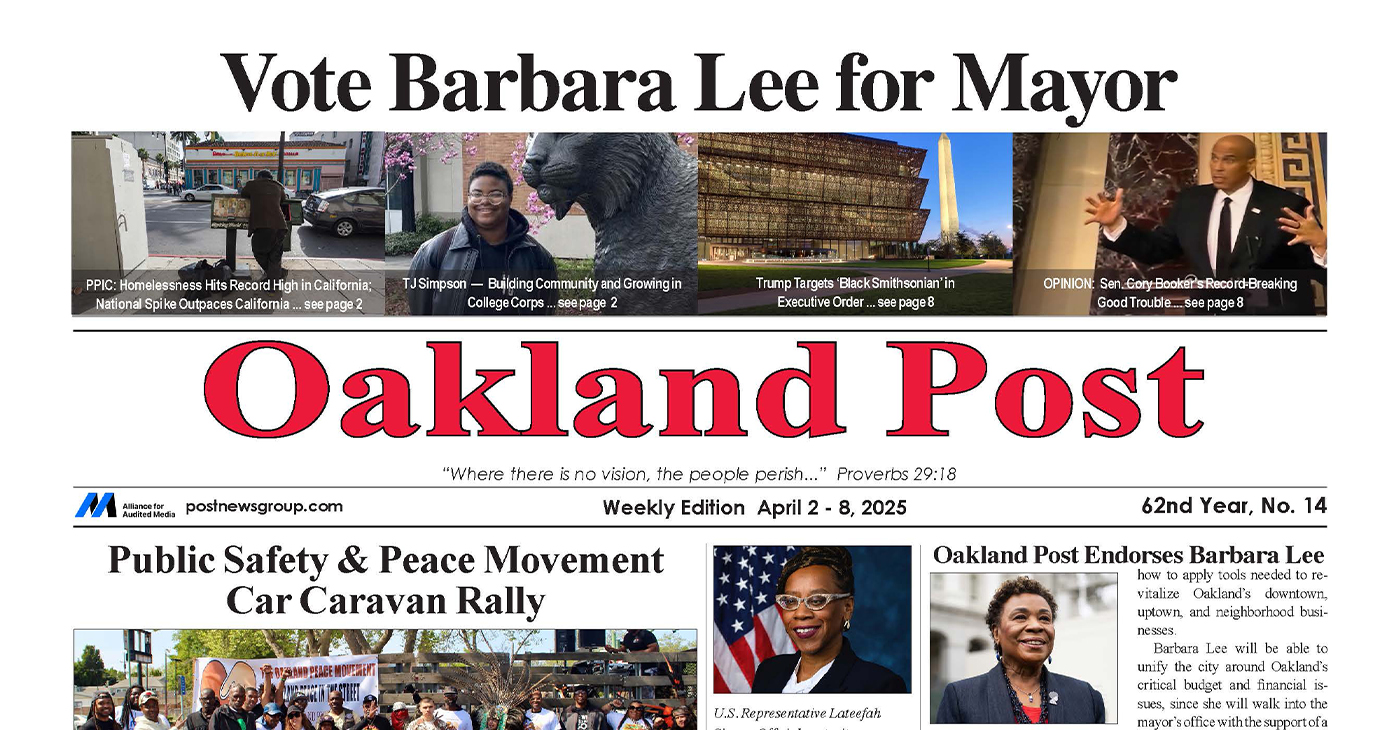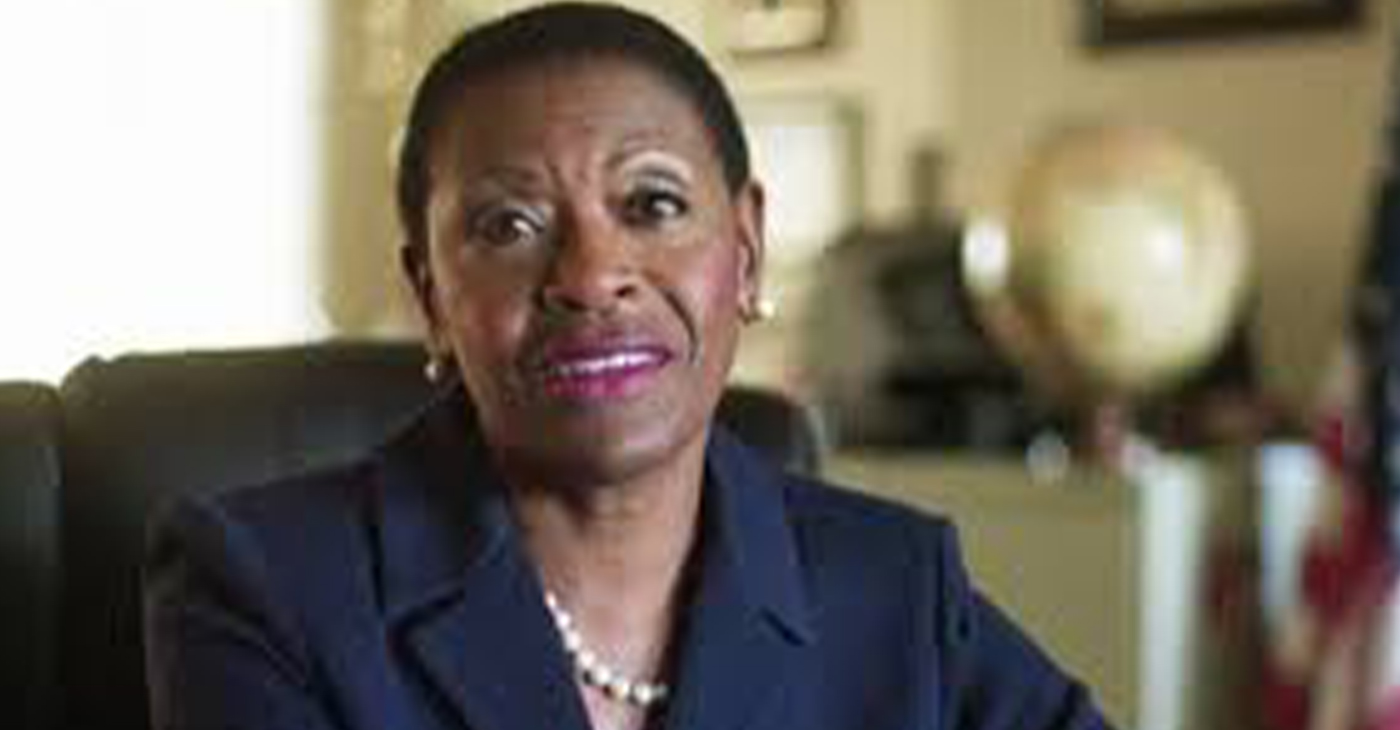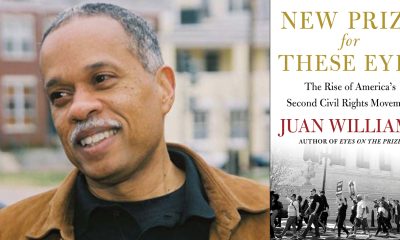Crime
OP-ED: Preaching During Troubled Times: The Zimmerman Verdict
As I was finalizing my sermon last Sunday, I paused to listen to the George Zimmerman verdict. It was at this moment that I experienced how quickly a good sermon can become irrelevant.
Nothing I had prepared to say would have adequately connected the sermon to the painful reality that George Zimmerman, who shot and killed an unarmed 17-year-old African American teen, was being set free.
He was not only being set free. He was given back the gun that he used to shoot Trayvon Martin.
How do we preach during troubled times? If the preacher is to bring good news during troubled times, he or she must adjust to the times. He or she must understand that preaching is a responsibility and the sermon should reflect that we take the responsibility serious.
The preacher has a responsibility to bring the truths of God to bear upon the resounding issues of the day. For me to have continued developing the sermon idea that I had so diligently prepared would have been irresponsible.
I would have ignored the fact that most of the people in the audience, particularly young people, came to church with the Zimmerman verdict foremost on their minds. It would have been like I was providing commentary for football while the people were watching baseball.
Telling people to “put your minds on the things of God” would have been insufficient, if I did not make relevant the things of God to the Zimmerman verdict.
For one, rarely does the preacher have a moment in history when so much is at stake. The Zimmerman verdict places before our congregation the continuing legacy of injustice, the diminished value of Black life, the terrifying trauma of gun violence, the eroding fabric of healthy community, and the impotence of many of our theological assumptions.
It is the Zimmerman-like moments in history that makes an Isaiah, a Jeremiah, a Micah, an Amos, or even a Jonah relevant. I would suggest that the preacher carefully consider at least one aspect of the Zimmerman drama and provide the people with a clearly delineated Christian response.
The preacher could use the Zimmerman verdict as an opportunity to heighten the value of young Black life. Jesus’ words to “love one another,” or his touching compassion for children, provides the preacher with scriptural opportunities to make loving our children a critical concern.
Moreover, to allow our children a moment within the worship to experience our love and collective compassion would do much to comfort them. Matthew’s drama around Jesus’ birth provides another scenario where the preacher can highlight the at-risk nature of Black males in America.
The sermon could embolden the church to be as attentive as Joseph in assuring the safety of at-risk Black males.
In brevity, the preacher cannot ignore the Zimmerman verdict and engage in sermonic business as usual. We have a moment to regain the relevance of the pulpit when we preach responsibly during troubled times.
Activism
Oakland Post: Week of April 2 – 8, 2025
The printed Weekly Edition of the Oakland Post: Week of April 2 – 8, 2025

To enlarge your view of this issue, use the slider, magnifying glass icon or full page icon in the lower right corner of the browser window.
Activism
Oakland Post: Week of March 28 – April 1, 2025
The printed Weekly Edition of the Oakland Post: Week of March 28 – April 1, 2025

To enlarge your view of this issue, use the slider, magnifying glass icon or full page icon in the lower right corner of the browser window.
Activism
Group Takes First Steps to Recall District Attorney Diana Becton
The group, called “Recall Diana Becton,” says they have lost faith in her prosecution decisions and her lack of transparency. On their social media post, they say: “We the victims of crime, their families, local business owners and employees, as well as residents of Contra Costa County, have reached our limit and are initiating the recall of District Attorney Diana Becton,” the notice states. “We are increasingly concerned about the persistent cycle of unaddressed criminal activity. We are frustrated by her continuous empty promises to victims and their families that justice will prevail while she permits criminals to roam free.” Becton, 73, is a former judge who was appointed district attorney in 2017 by the Board of Supervisors and then won election in 2018 and again in 2022.

By Post Staff
After gathering more than 100 verified signatures, a group led by crime victims delivered a ‘notice of intent’ to the offices of Contra Costa County District Attorney Diana Becton seeking her recall.
The group, called “Recall Diana Becton,” says they have lost faith in her prosecution decisions and her lack of transparency.
On their social media post, they say:
“We the victims of crime, their families, local business owners and employees, as well as residents of Contra Costa County, have reached our limit and are initiating the recall of District Attorney Diana Becton,” the notice states.
“We are increasingly concerned about the persistent cycle of unaddressed criminal activity. We are frustrated by her continuous empty promises to victims and their families that justice will prevail while she permits criminals to roam free.”
Becton, 73, is a former judge who was appointed district attorney in 2017 by the Board of Supervisors and then won election in 2018 and again in 2022.
Becton has seven days to respond. According to the East Bay Times, her office spokesperson said her “answer will be her public comment.”
After Becton responds, according to the Contra Costa County Elections Office, Recall Diana Becton must then finalize the petition language and gather signatures of a minimum of 10% of registered voters (72,000) in 160 days before it can go on the ballot for election.
She is the third Bay Area district attorney whose constituents wanted them removed from office. San Francisco District Attorney Chesa Boudin was removed from office in 2021 and last year, Pamela Price lost her position in a recall election.
Of the top 10 proponents of Becton’s recall, three are the families of Alexis Gabe, Thomas Arellano, and Damond Lazenby Jr.
In each of those cases, the families say Becton failed to pursue prosecution, allowed a plea deal instead of a trial in a slaying and questioned the coroner’s report in a fatal car crash.
Some political science experts suggest that, in the Bay Area there may be a bit of copycat syndrome going on.
In many states, recalls are not permitted at all, but in California, not only are they permitted but the ability to put one into motion is easy.
“Only 10% of registered voters in a district are needed just to start the process of getting the effort onto the ballot,” Garrick Percival, a political science professor told the East Bay Times. “It makes it easy to make the attempt.”
But according to their website, the Recall Diana Becton group express their loss of faith in the prosecutor.
“Her lack of transparency regarding crime in this county, and her attempts to keep her offenders out of jail have left us disheartened,” the recall group wrote.
Petitioners say they are acting not just for themselves but other crime victims “who feel ignored, exasperated and hopeless in their pursuit of justice for themselves or their loved ones.”
KRON TV, The East Bay Times, and Wikipedia are the sources for this report.
-

 Activism2 weeks ago
Activism2 weeks agoWe Fought on Opposite Sides of the Sheng Thao Recall. Here’s Why We’re Uniting Behind Barbara Lee for Oakland Mayor
-

 #NNPA BlackPress2 weeks ago
#NNPA BlackPress2 weeks agoRev. Dr. Jamal Bryant’s Black Church Target Boycott Mobilizes 150,000
-

 Activism4 weeks ago
Activism4 weeks agoOakland Post: Week of March 5 – 11, 2025
-

 Activism3 weeks ago
Activism3 weeks agoSan Francisco Is Investing Millions to Address Food Insecurity. Is Oakland Doing the Same?
-

 #NNPA BlackPress4 weeks ago
#NNPA BlackPress4 weeks agoTrump Moves to Dismantle Education Department
-

 #NNPA BlackPress2 weeks ago
#NNPA BlackPress2 weeks agoRecently Approved Budget Plan Favors Wealthy, Slashes Aid to Low-Income Americans
-

 #NNPA BlackPress4 weeks ago
#NNPA BlackPress4 weeks agoFighting to Keep Blackness
-

 Activism2 weeks ago
Activism2 weeks agoFaith Leaders Back Barbara Lee for Mayor, Criticize Candidate Loren Taylor for Dishonest Campaigning























































